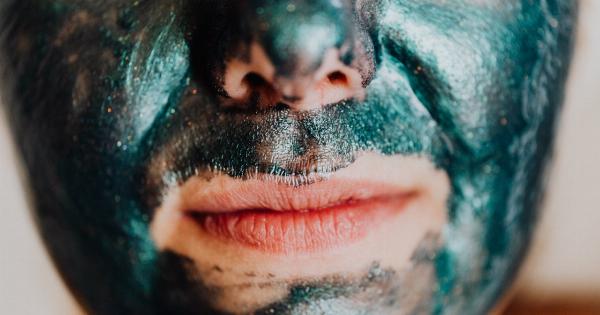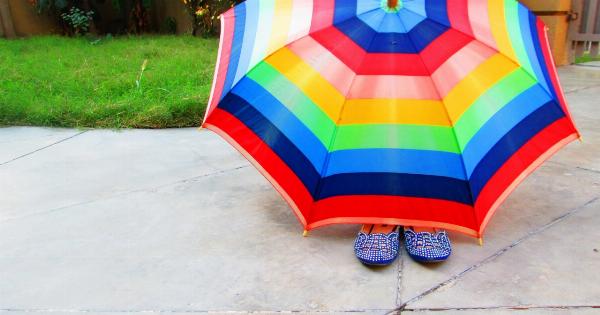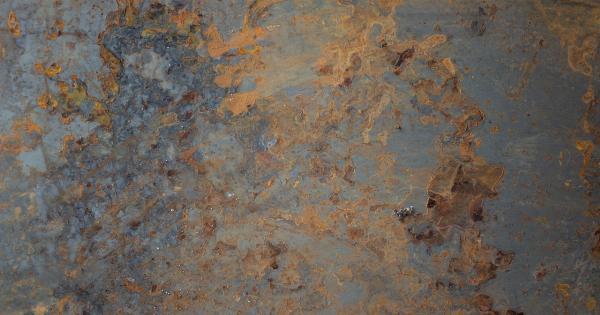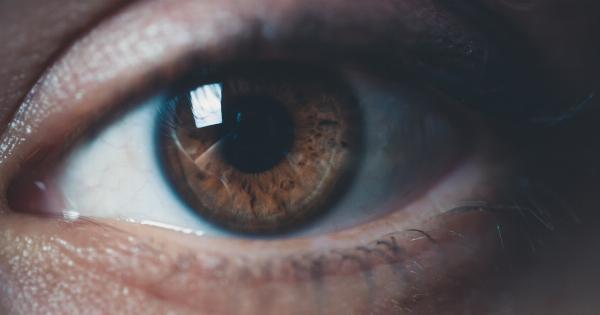The food we eat has a direct impact on how our skin looks and feels. Some foods can help to promote healthy, glowing skin, while others can cause breakouts, dryness, and other skin issues.
In this article, we will discuss the effects of milk, wine, sugar, and gluten on the skin.
The Effects of Milk on the Skin
Milk is a popular beverage in many countries, but it can have negative effects on the skin. The hormones found in milk can cause oil production in the skin, which can lead to acne and breakouts.
Milk is also a common allergen, which can cause redness and inflammation in some people with sensitive skin.
Furthermore, the sugar found in milk can contribute to the breakdown of collagen, which can lead to premature aging and wrinkles. If you are experiencing skin issues, consider reducing your intake of milk and dairy products.
The Effects of Wine on the Skin
Wine is often consumed for relaxation and enjoyment, but it can also have negative effects on the skin. Wine contains the substance tannin, which can cause the skin to become dry and dull over time.
The sulfites found in wine can also cause redness and inflammation in some people with sensitive skin.
If you are a wine lover, consider drinking water in between glasses and limiting your alcohol intake to minimize the negative effects on your skin. Also, avoid drinking wine on an empty stomach as this can worsen skin issues.
The Effects of Sugar on the Skin
Sugar is a common ingredient found in many foods and drinks, but it can have negative effects on the skin.
Consuming excessive sugar can lead to inflammation in the body, which can cause a variety of skin issues, including acne, wrinkles, and skin dehydration.
Furthermore, sugar can contribute to the glycation process, which damages collagen and elastin in the skin. This can lead to premature aging and wrinkles.
To help protect your skin, consider reducing your sugar intake and choosing foods that are low in sugar.
The Effects of Gluten on the Skin
Gluten is a protein found in wheat, barley, and rye, and it can have negative effects on some people’s skin. People with celiac disease or gluten sensitivity can experience skin issues, such as rashes and itching, after consuming gluten.
As a result, these individuals may need to eliminate gluten from their diets to keep their skin healthy.
Furthermore, gluten can cause inflammation in the body, which can lead to skin issues such as acne and rosacea.
If you are experiencing skin issues and suspect they may be related to gluten consumption, consider eliminating gluten from your diet for a few weeks to see if it improves your skin.
Conclusion
The food we consume plays a crucial role in the health and appearance of our skin. Some foods can help us achieve healthy, glowing skin, while others can cause skin issues such as acne, wrinkles, and dryness.
By understanding the effects of milk, wine, sugar, and gluten on the skin, we can make informed choices about our diets and better protect our skin.




























